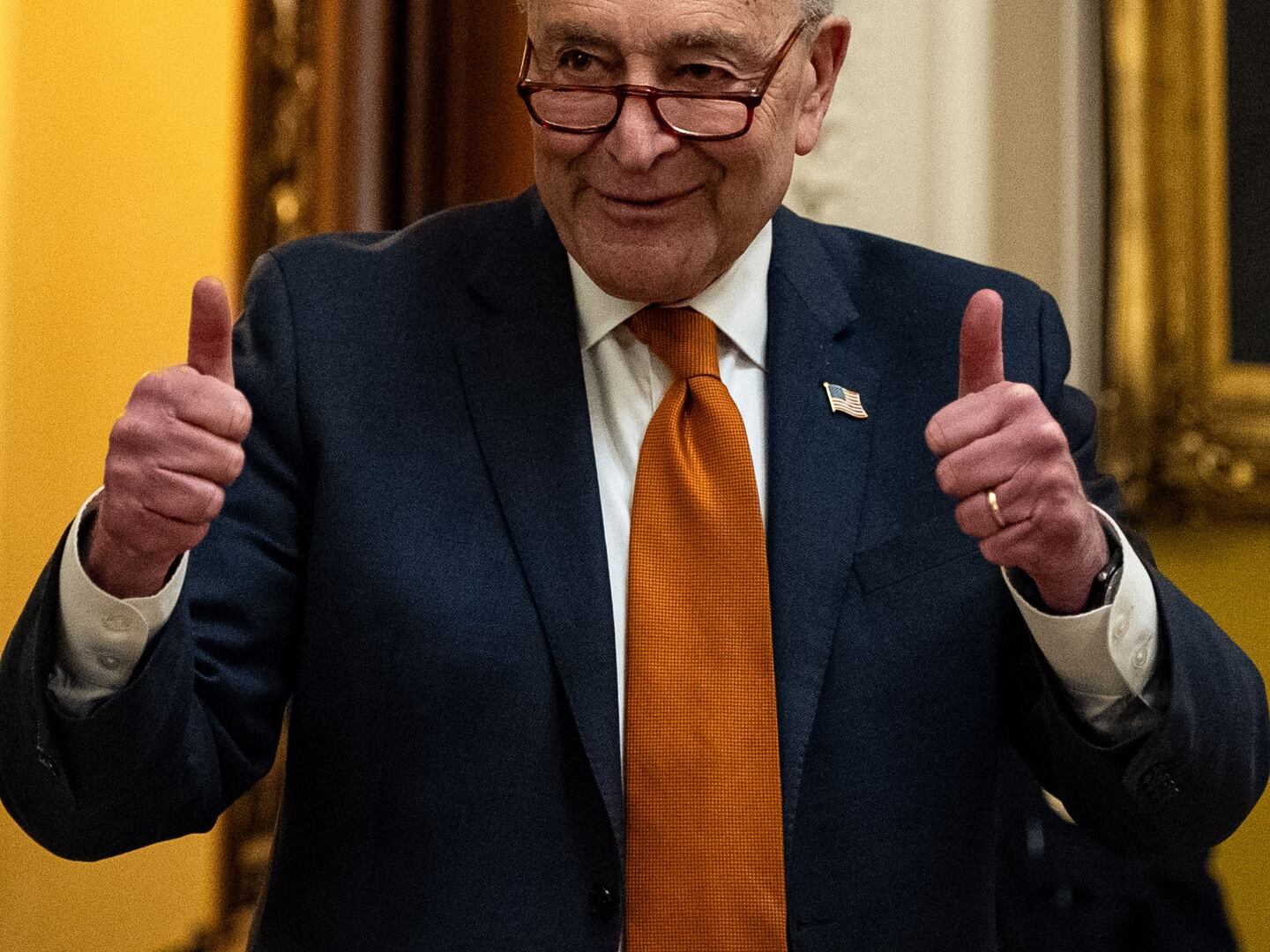Elections
Photo Illustration by The Daily Beast/Getty
All of a Sudden, Bernie Sanders and Elizabeth Warren Were on Their Heels
TURNING POINT?
From Biden to Klobuchar to Buttigieg, saner Democrats finally started piling on with objections to the lefties' unpopular proposal.
opinion






